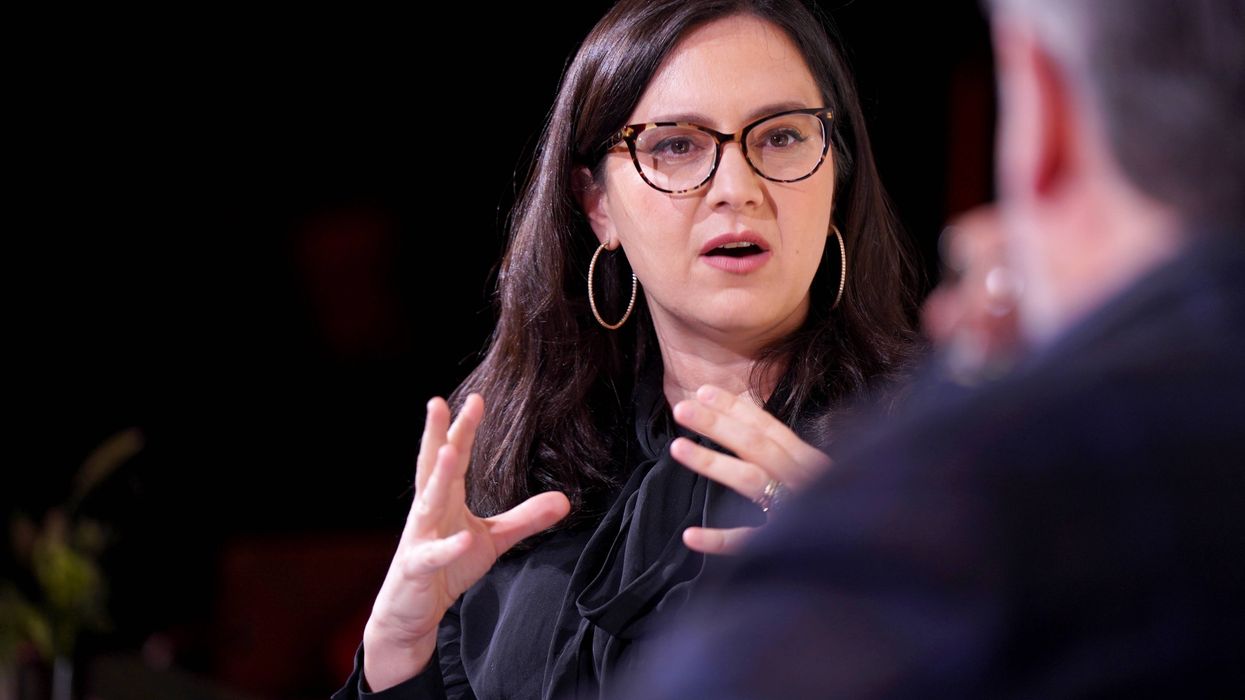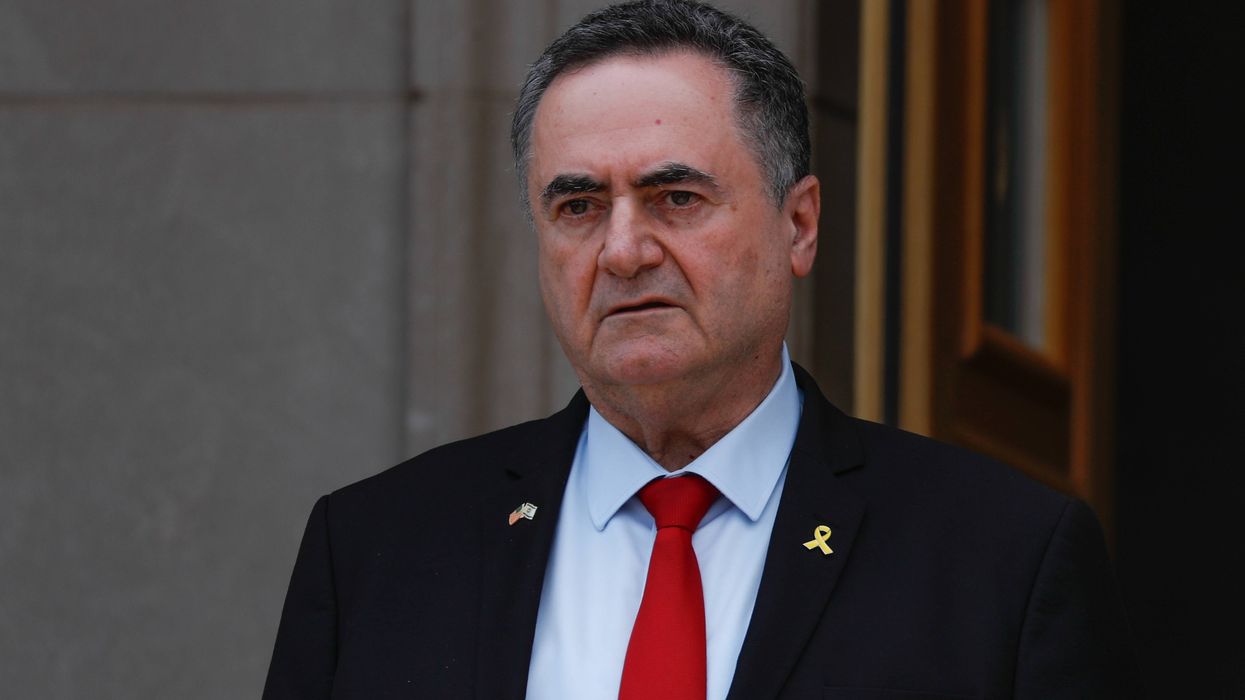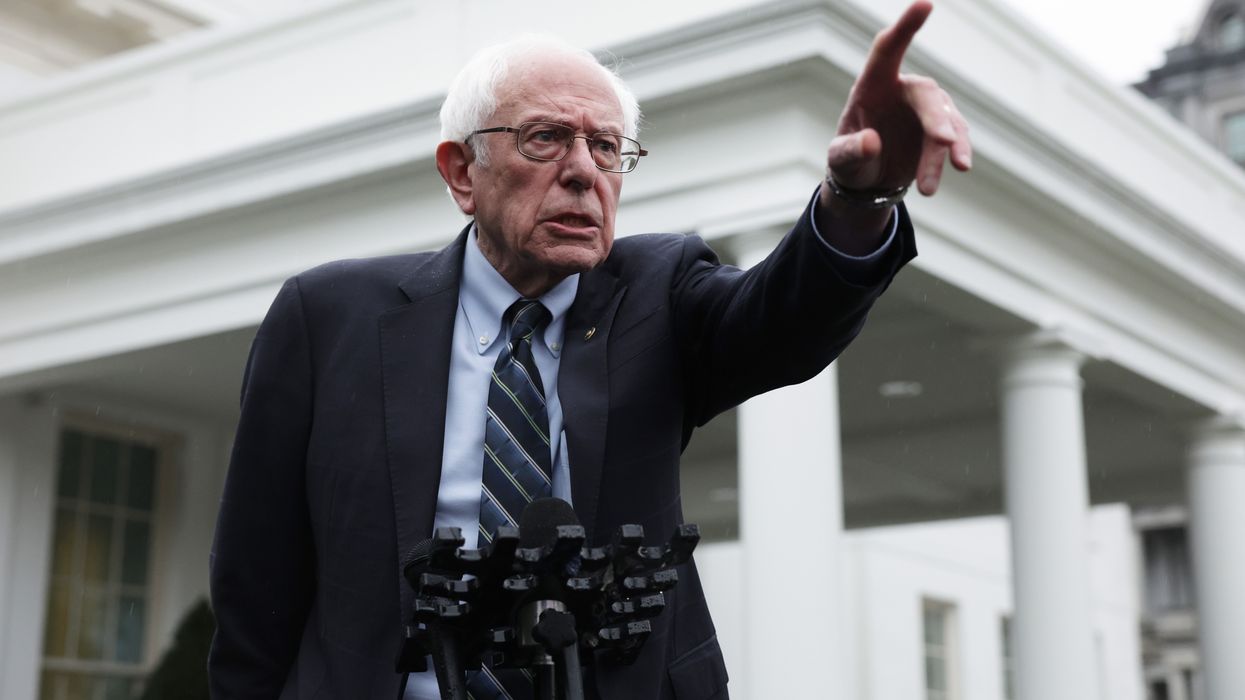February, 23 2010, 12:58pm EDT

For Immediate Release
Contact:
Email:,info@peer.org
OSHA Standard-Setting Broken and Moving in Wrong Direction
Backlog of Thousands of Chemicals Worsened by Constipated Process and Timidity
WASHINGTON
National workplace exposure standards for
thousands of chemicals have not been promulgated and hundreds of
existing standards are much weaker than needed to protect workers.
Yet, the Obama administration is pursuing policies that will slow the
glacial pace of Occupational Health & Safety Administration (OSHA)
exposure rulemaking even further, according to Public Employees for
Environmental Responsibility (PEER).
Compared to
safety regulation, OSHA has lagged badly in health regulation. Today,
OSHA's health rulemaking docket is so far behind that it is
overwhelmed. Save for a handful of substances, the vast majority of
Permissible Exposure Limits (PELs) have not been updated since 1968.
In the late 1980s, OSHA tried to tighten about 420 PELs without using
the modern risk assessment methods the Supreme Court had already
required in a 1980 decision, and these limits were struck down en masse
in 1992.
During the ensuing 18 years, OSHA has made scant progress on the health front:
- OSHA has issued no new health standards since 1998, save for one ordered by a court;
- In
that one case, the resultant chromium standard was the weakest
toxic-substance standard ever issued by a federal agency, allowing
approximately 80% of all the industrial users of chromium to weaken the
few controls they already had put in place. This new limit consigns
roughly an additional 4% of exposed employees to lung cancer; and - Existing
standards for hundreds of known toxics are woefully inadequate. For
example, rulemakings to update inadequate standards for silica and
beryllium (both of which cause fatal lung disease) have been stalled
since the 1980s. Another example is diacetyl (known since 2001 to
cause bronchiolitis obliterans, or "popcorn lung disease" in workers
exposed to this artificial butter flavoring). OSHA fruitlessly
promised action on diacetyl more than 5 years ago.
Health
standard-setting is hopelessly backlogged with little chance of
catching up unless the new OSHA leadership," stated PEER Policy
Director Erica Rosenberg, pointing out that workplace exposures are now
the eighth leading cause of death in the U.S., resulting in more than
40,000 premature deaths per year or roughly ten times the death toll
from industrial accidents. "Unless OSHA makes its health mission a top
priority, American workers will remain unprotected from a growing array
of toxic substances on the job."
Despite this huge
backlog, the Obama administration is adding extra review processes that
will further delay every long-overdue health regulation currently in
the pipeline. In June, OSHA announced it would convene two special
peer review panels per standard to review both the science and the
economics before proposed standards appear in the Federal Register.
OSHA is unusual among federal agencies in that its regulatory proposals
are subject to a public hearing in front of a judge in which anyone can
challenge the scientific or other rationale for proposals. This
adjudicated process is a more daunting and rigorous form of peer review
than what occurs in academia.
"OSHA has let self-proclaimed 'experts' on the outside run roughshod
over its own career scientists for far too long," said Dr. Adam Finkel,
a risk assessment expert in academia, a former OSHA Director of Health
Standards Programs and a member of the PEER Board of Directors, noting
the agenda for a March 4th public hearing (called "OSHA Listens")
includes suggestions for ideas to address "the length and difficulty of
the current OSHA rulemaking process." "Without cutting any corners in
its use of the best scientific and economic information, OSHA can put
its life-saving regulatory proposals before the public."
In its testimony next week, among other recommendations, PEER is
calling upon new Assistant Secretary David Michaels to cancel the
optional peer reviews for the silica, beryllium, diacetyl, and other
standards.
###
See OSHA double peer review schedule for pending standards
Look at the "silent epidemic" from occupational exposures
View the Agenda for March 4th "OSHA Listens" session
PEER protects public employees who protect our environment. We are a service organization for environmental and public health professionals, land managers, scientists, enforcement officers, and other civil servants dedicated to upholding environmental laws and values. We work with current and former federal, state, local, and tribal employees.
LATEST NEWS
YouTube, TikTok Deleted ‘60 Minutes’ CECOT Clips Amid Paramount Takedown Push
The segment on the notorious torture prison—where the Trump administration has been unlawfully deporting Venezuelans—went viral on social media after being inadvertently aired in Canada.
Dec 23, 2025
Websites including YouTube and TikTok this week removed posts of a CBS News "60 Minutes" segment on a notorious prison in El Salvador, where Trump the administration has been illegally deporting Venezuelan immigrants, after being notified that publishing the clip violated parent company's copyright.
The segment on the Terrorism Confinement Center (CECOT)—which was intended to air on Sunday's episode of "60 Minutes"—was pulled by right-wing CBS News editor-in-chief Bari Weiss, who claimed that the story "was not ready" for broadcast, despite thorough editing and clearance by key company officials.
“Our story was screened five times and cleared by both CBS attorneys and Standards and Practices," said "60 Minutes" correspondent Sharyn Alfonsi, who reported the segment. “It is factually correct. In my view, pulling it now, after every rigorous internal check has been met, is not an editorial decision, it is a political one.”
The segment—which can still be viewed on sites including X—was shared by social media users after a Canadian network received and broadcast an original version of the "60 Minutes" episode containing the CECOT piece prior to CBS pulling the story. The social media posts containing the segment were reportedly removed after CBS parent company Paramount Skydance filed copyright claims.
A CBS News representative said that “Paramount’s content protection team is in the process of routine take down orders for the unaired and unauthorized segment.”
Weiss—who also founded and still edits the Paramount Skydance-owned Free Press—has faced criticism for other moves, including presiding over the removal of parts of a previous "60 Minutes" interview with President Donald Trump regarding potential corruption stemming from his family’s massive cryptocurrency profits.
On Tuesday, Axios reported that Weiss is planning a broad overhaul of standards and procedures at the network, where she was hired by Paramount Skydance CEO and Trump supporter David Ellison in October, despite a lack of broadcasting experience.
Keep ReadingShow Less
Israeli Defense Minister Tries to Walk Back Vow to 'Never Leave Gaza,' Build Settlements
The remarks drew critical responses, including from other Israelis and the White House.
Dec 23, 2025
Israeli Defense Minister Israel Katz "said the silent part out loud" on Tuesday, then promptly tried to walk back his comments that his country would not only never leave the Gaza Strip, but also reestablish settlements in the decimated exclave.
Israel evacuated Jewish settlements in Gaza two decades ago, but some officials have pushed for ethnically cleansing the strip of Palestinians and recolonizing it, particularly since the Hamas-led October 7, 2023 attack and the devastating Israeli assault that followed.
The Times of Israel on Tuesday translated Katz's remarks—made during an event about expanding Beit El, a Jewish settlement in the illegally occupied West Bank—from Hebrew to English:
"With God's help, when the time comes, also in northern Gaza, we will establish Nahal pioneer groups in place of the settlements that were evacuated," he said. "We'll do it in the right way, at the appropriate time."
Katz was referring to the Nahal military unit that, in part, lets youths combine pioneering activities with military service. In the past, many of the outposts established by the unit went on to evolve into full-fledged settlements.
"We are deep inside Gaza, and we will never leave Gaza—there will be no such thing," Katz said. "We are here to defend and to prevent what happened from happening again."
The so-called peace plan for Gaza that US President Donald Trump and Israeli Prime Minister Benjamin Netanyahu announced at the White House in late September notably states that "Israel will not occupy or annex Gaza," and "the Israel Defense Forces (IDF) will withdraw based on standards, milestones, and timeframes linked to demilitarization."
Gadi Eisenkot, a former IDF chief of staff who launched a new political party a few months ago, responded to Katz on social media, writing in Hebrew, "While the government votes with one hand in favor of the Trump plan, it sells myths with the other hand about isolated settlement nuclei in the strip."
"Instead of strengthening security and bringing about an enlistment law that will bolster the IDF, the government, driven by narrow political considerations, continues to scatter irresponsible and empty declarations that only harm Israel's standing in the world," he added.
The White House was also critical of Katz's comments, with an unnamed official saying that "the more Israel provokes, the less the Arab countries want to work with them."
"The United States remains fully committed to President Trump's 20-point peace plan, which was agreed to by all parties and endorsed by the international community," the official continued. "The plan envisions a phased approach to security, governance, and reconstruction in Gaza. We expect all parties to adhere to the commitments they made under the 20-point plan."
Later Tuesday, Katz's office said that "the minister of defense's remarks regarding the integration of Nahal units in the northern Gaza Strip were made solely in a security context. The government has no intention of establishing settlements in the Gaza Strip. The minister of defense emphasized the central principle of border defense in every arena: The IDF is the first and last line of defense for Israel's citizens, and the state of Israel relies for its protection solely on it and on the security forces."
Katz became defense minister in November 2024, just weeks before the International Criminal Court issued arrest warrants for his fired predecessor, Yoav Gallat, and Netanyahu over Israel's assault on and blockade of Gaza. When Katz took on the new role after serving as foreign minister, Palestine defenders accused the prime minister of swapping one "genocidal lunatic" for another.
Israel faces an ongoing genocide case at the International Court of Justice for its mass slaughter of Palestinians in Gaza. As of Tuesday, local officials put the death toll since October 2023 at 70,942, with another 171,195 Palestinians wounded, though global experts warn the true tallies are likely far higher.
At least 406 of those confirmed deaths have occurred since Israel and Hamas agreed to a ceasefire that took effect October 10. In a Monday letter demanding action from the White House, dozens of Democratic US lawmakers noted Israel's "continued bombardment against civilians, destruction of property, and insufficient delivery of humanitarian aid."
Keep ReadingShow Less
Sanders Slams Private Equity Scrooges Ending Paid Holidays for Walgreens Workers
"While the rich get richer, workers are struggling, and your decision to cut workers' paid vacation is making the problem worse."
Dec 23, 2025
Independent US Sen. Bernie Sanders on Tuesday urged the private equity firm that recently acquired Walgreens to reverse its decision to strip hourly workers at the second-largest US pharmacy chain of paid days off on Christmas and other major holidays.
After Sycamore Partners finalized its $10 billion purchase of Walgreens in late August, the pharmacy chain—now headed by CEO Mike Motz—eliminated paid holidays for New Year's Day, Memorial Day, Independence Day, Labor Day, Thanksgiving, and Christmas. Workers were notified of the move, which was first reported by Bloomberg, in October.
The move is typical of what private equity firms—sometimes called vulture capitalists—often do in order to maximize profits. In addition to slashing paid time off and benefits, they often reduce or freeze pay, fire workers, close locations, introduce aggressive sales targets, and reduce job security by replacing full-time positions with hourly or independently contracted workers. Walgreens announced last year that it planned on closing around 1,200 of its roughly 8,000 US stores, citing their struggling performance.
"This Thanksgiving, Walgreens' hourly workers faced the impossible choice between losing pay and spending the holiday with their loved ones," Sanders (Vt.)—who is the ranking member of the Senate Health, Education, Labor, and Pensions (HELP) Committee—wrote Tuesday in a letter to Sycamore Partners founder and managing director Stefan Kaluzny.
"Walgreens employs 220,000 employees, the vast majority of whom are hourly workers... Sycamore Partners' decision to cut paid holidays for these hourly workers is unfortunately not surprising," the senator continued. "The firm follows the private equity playbook of buying businesses and aggressively extracting profit while using and abusing workers."
"For example, just one year after Sycamore Partners purchased Staples, the firm extracted $1 billion from the company as it closed 100 stores and laid off 7,000 workers," Sanders noted. "That same year, Sycamore Partners drove Nine West into bankruptcy and was accused of siphoning off over $1 billion in funds."
"Meanwhile, from 2016-22, companies owned by Sycamore Partners racked up over $3 million in labor violations, including wage-and-hour and workplace safety and health violations," he added.
During the holiday season, we all want to spend time with our loved ones. And yet, just two months after buying Walgreens for $10 billion, the private equity firm Sycamore Partners stripped hourly workers of paid vacation, including Christmas and New Year’s Day. Shameful.
[image or embed]
— Senator Bernie Sanders (@sanders.senate.gov) December 23, 2025 at 9:41 AM
Sanders contrasted a reality in which "60% of Americans are living paycheck to paycheck" with the fact that "more private equity managers make over $100 million annually than investment bankers, top financial executives, and professional athletes combined."
"While the rich get richer, workers are struggling, and your decision to cut workers' paid vacation leave is making the problem worse," he stressed. "Some Walgreens workers make as little as $15 an hour. Cutting their paid leave will make it even more difficult for these workers to pay for housing, childcare, healthcare, and groceries."
"In short," Sanders concluded, "Sycamore Partners is forcing workers to sacrifice their basic needs for private equity profit."
Keep ReadingShow Less
Most Popular


